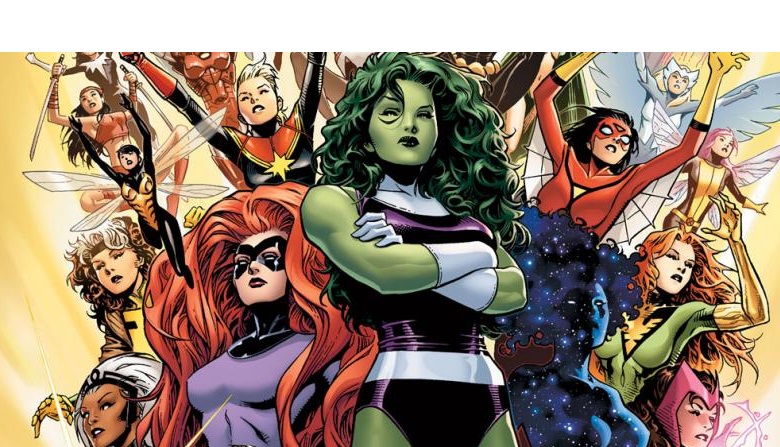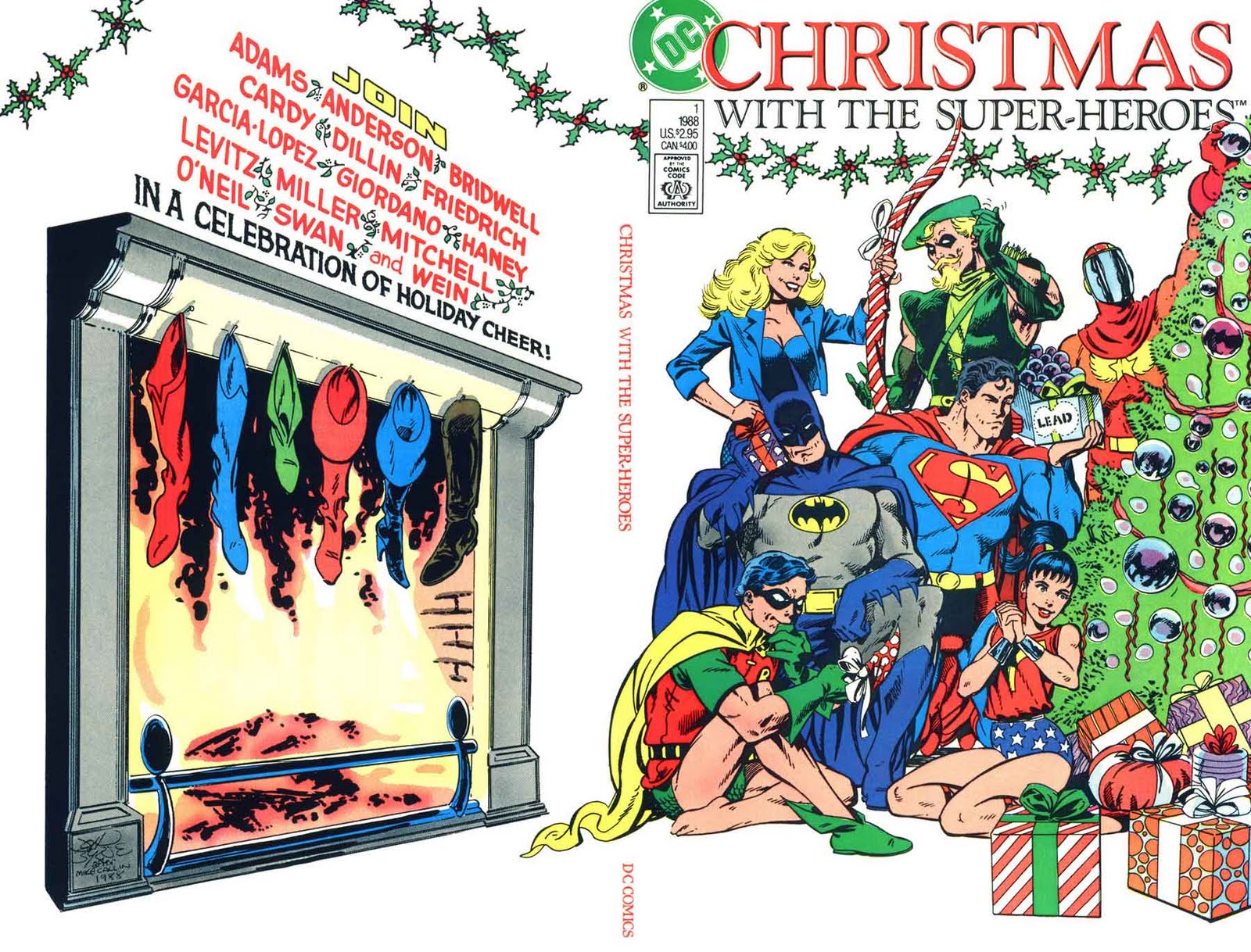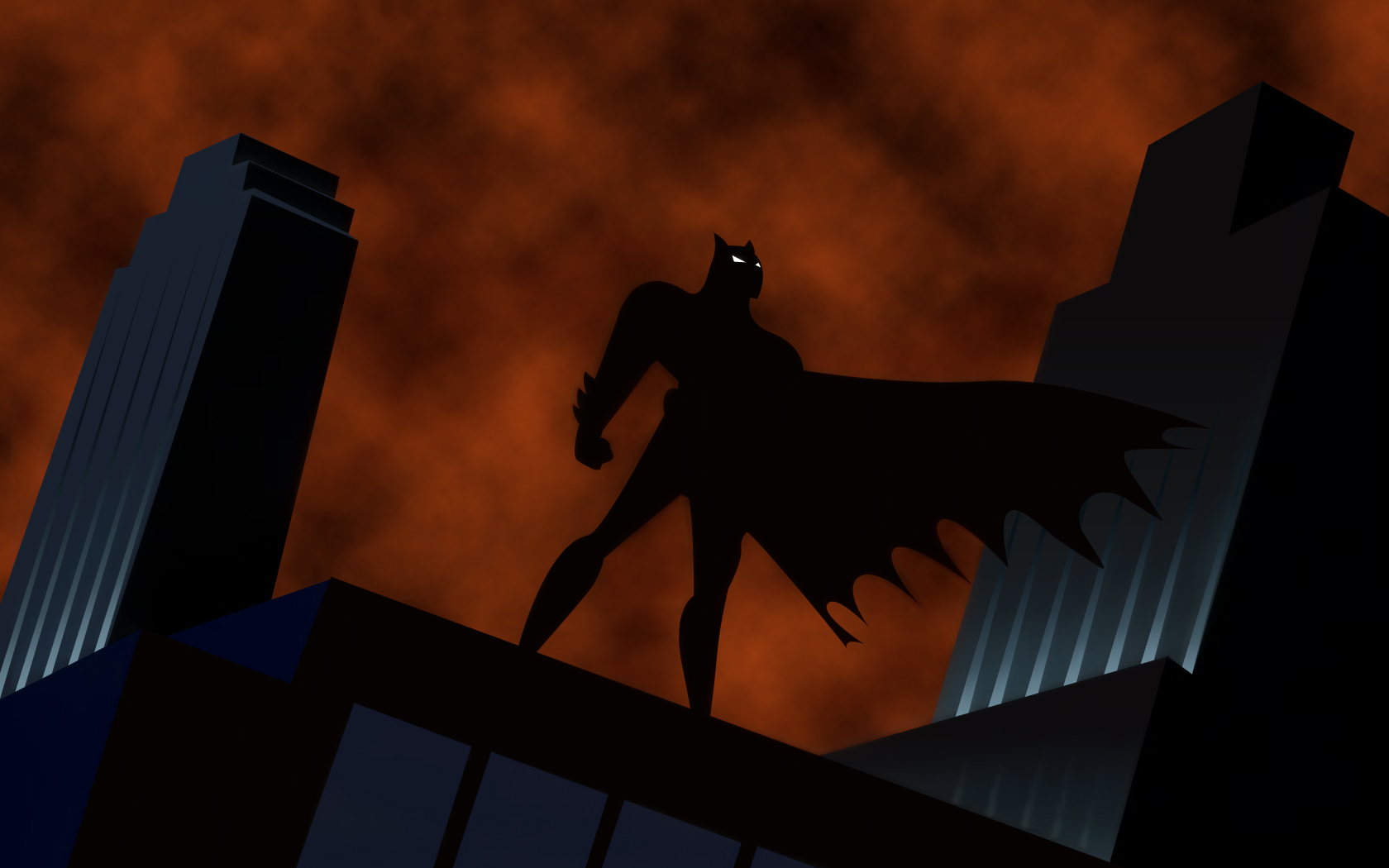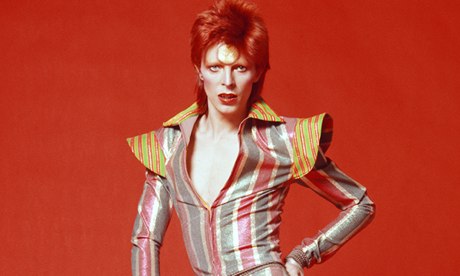The lights flicker. All around you, shadows grow and shrink, giving you fleeting glimpses of messages written on the wall in blood. Far off, muffled, metal scrapes on metal. A haunted howl rises up through the emptiness around you, reaching a fever pitch before strangling off abruptly. The doorway ahead leads to your objective. The game must continue.
You have to go through it.
The horror video game is a genre that has had a resurgence of sorts recently. Sure, we’ve always had our Resident Evils and our Silent Hills. In the last few years, the number of survival horror games has blossomed into a bloody pile of exceptional content. The Amnesia series. Until Dawn. Outlast. Slender. The list goes on and on. Every year developers are cranking out new and horrifying creations for us to breathlessly play through. It’s a great time to be a horror fan. The games are selling very well. It’s clear, that as consumers, our need to be scared isn’t going anywhere.
Why is that?
As human beings we chase that ‘Sweaty palms, stomach in a knot, rising heartbeat’ feeling. Stephen King has been using it to sell novels for decades. Film directors like John Carpenter, Wes Craven, and James Wan have created entire filmographies looking to give us the thrills that our dark little hearts desire. What sets video games apart from the literature and the cinema of the macabre is a prevailing sense of ‘being there’.
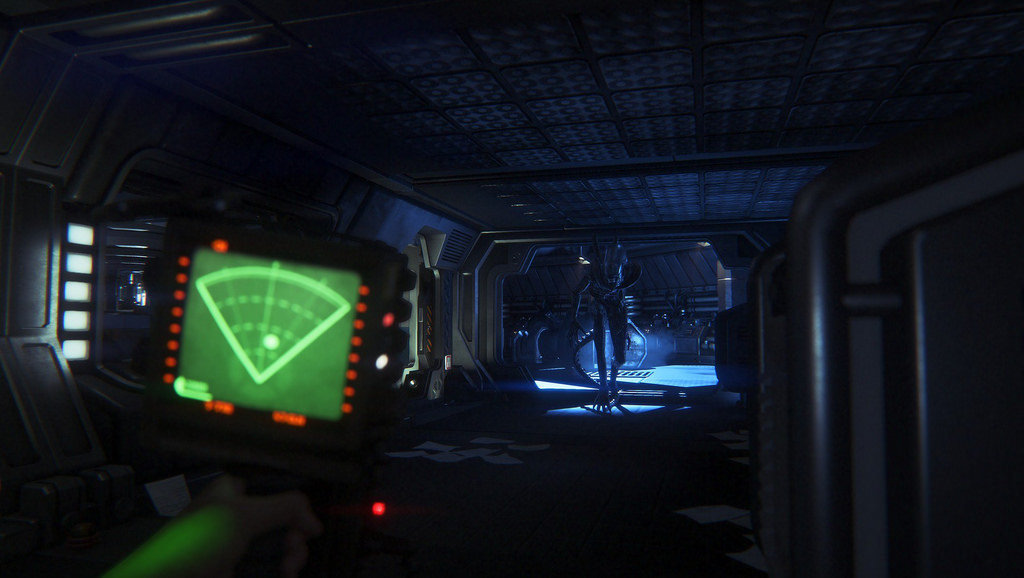
Hunted by the Xenomorph on Sevastopol station. Hiding from the inmates in Mount Massive Asylum. Hoping not to run out of bullets in Raccoon City. Every second you have no choice but to keep pressing forward, rounding that bend, and meeting the monster. Hundreds of articles have been written about the science of fear. Why, as well adjusted adults, we feel the need to punish ourselves.
Games do it best by throwing us into the midst of it. You control the player’s every movement. It’s why, more often than not, protagonist in horror games are nearly blank slates. They often have amnesia or some other mental impairment. Jack from Bioshock is a good example. The game starts as a plane crashes. As you spend several hours with him, you don’t learn a whole lot about him. His hopes. His past. The one thing you learn? His fears. Splicers. Big Daddies. As you pilot Jack through the leaking dangers of Rapture, they also become yours.
There is something powerful in that.
The most common explanation for why we enjoy horrific entertainment is also a very good one. We want to feel like we’re in danger, without experiencing any of the messiness of pain or bodily harm. I’ll never dismiss the obvious power of a good horror novel. Or the assaulting imagery and skill that a good horror movie attacks you with. The reason I think that horror games are becoming more and more popular is that it’s a very direct and efficient way to get face to face with the things that scare us. Swinging that wrench. Cowering behind that box. Dismembering eldritch horrors with your plasma cutter. It all feels so personal. It all feels so scary. Power up your system. Dim the lights.
You’re going through that door.


